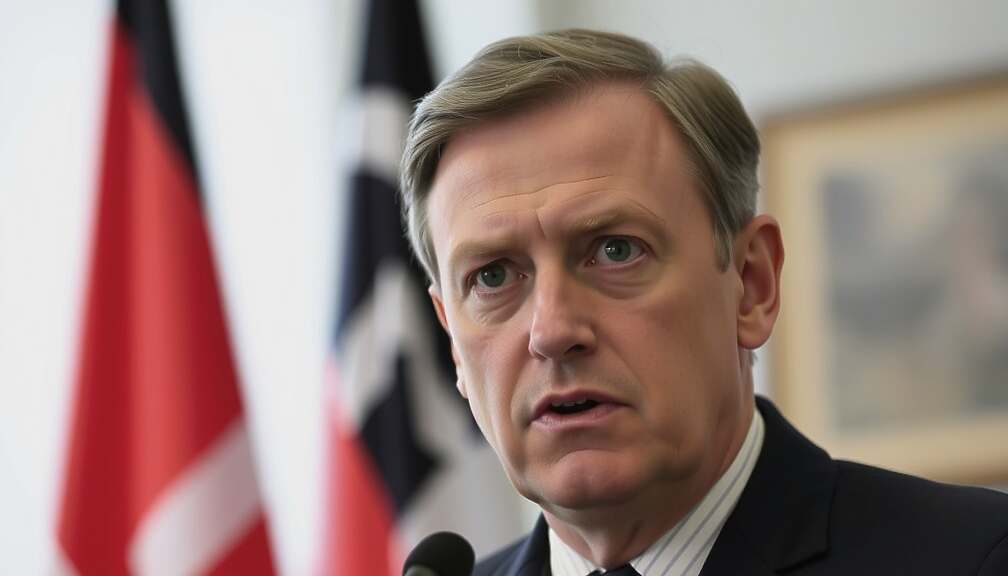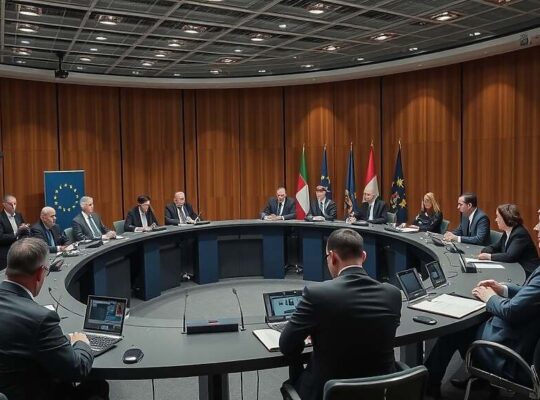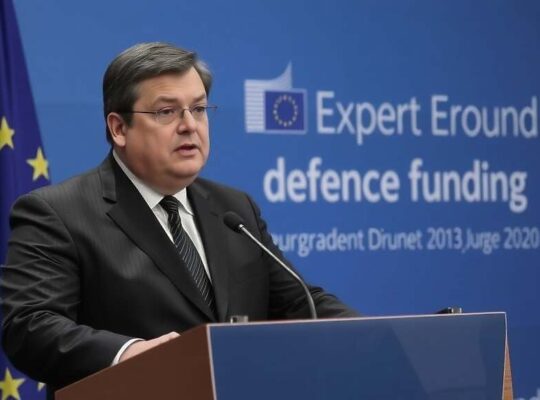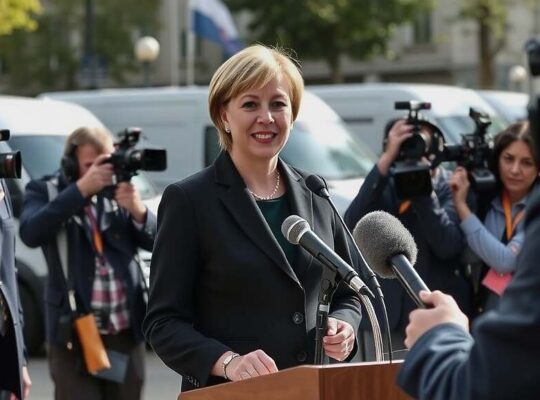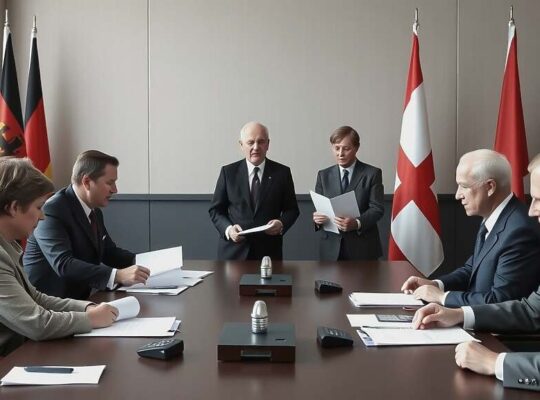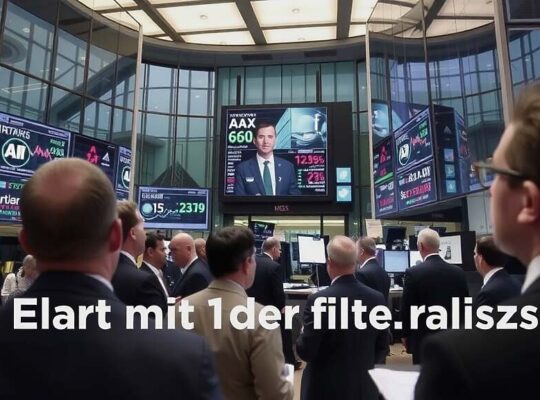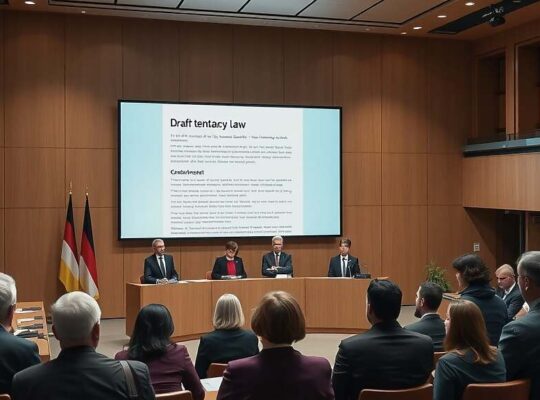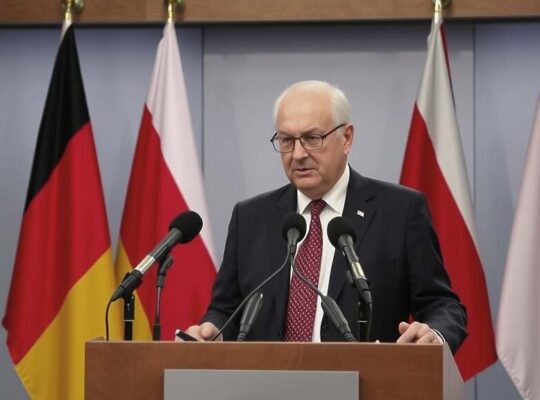German government’s Poland envoy cautions against permanent border controls
Knut Abraham, Germany’s special envoy to Poland from the Christian Democratic Union (CDU), has voiced concerns regarding the potential for sustained border controls between the two nations. In an interview with “Welt” Abraham acknowledged that the current controls served as a political signal indicating a shift in Germany’s migration policy. However, he emphasized the significant strain these measures are placing on communities in the border regions.
Abraham argued that a long-term solution cannot involve a continuous back-and-forth movement of migrants between Poland and Germany, nor can it rely on permanently solidifying border controls on either side. He proposed a two-step approach, starting with improvements to practical aspects of border management. This includes expanding commuter routes in the German-Polish border region to alleviate severe traffic congestion.
Secondly, Abraham stressed the necessity of joint efforts by both countries to implement the Common European Asylum System, highlighting the mutual benefits of such a system. He believes that effective management of migration at the external EU border would prevent the issue from escalating at the German-Polish frontier.
Meanwhile, Anton Hofreiter, chair of the European Affairs Committee in the German Bundestag from the Green party, placed responsibility for Poland’s announced border controls on the German government. Speaking to “Redaktionsnetzwerk Deutschland” Hofreiter characterized the controls as a dangerous and anti-European move. He asserted that the controls are a waste of resources and do not enhance EU security. Hofreiter further stated that a border “arms race” within the Schengen area is detrimental to the German economy and diverts security personnel from areas where they are most needed.
Hofreiter advocated for a different approach, emphasizing the importance of a fair distribution of refugees, the establishment of legal pathways for migration and well-equipped sea rescue operations as crucial elements for genuine European security.


